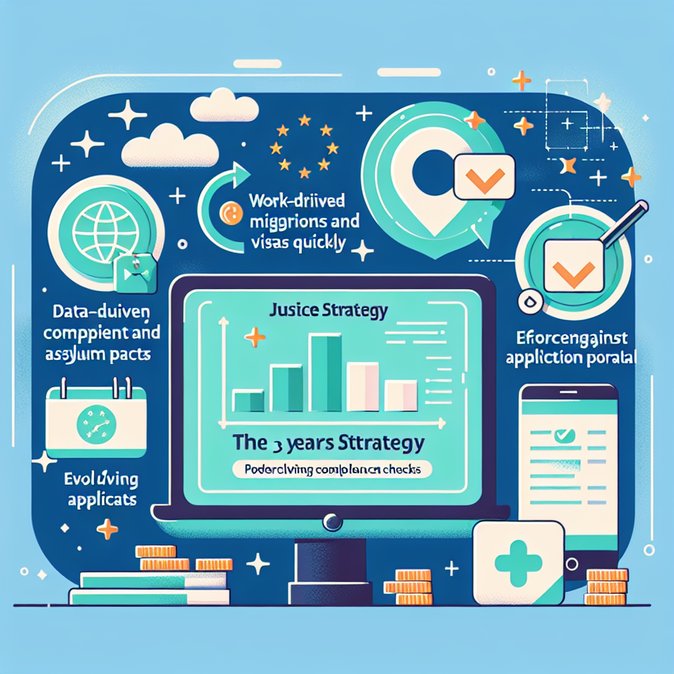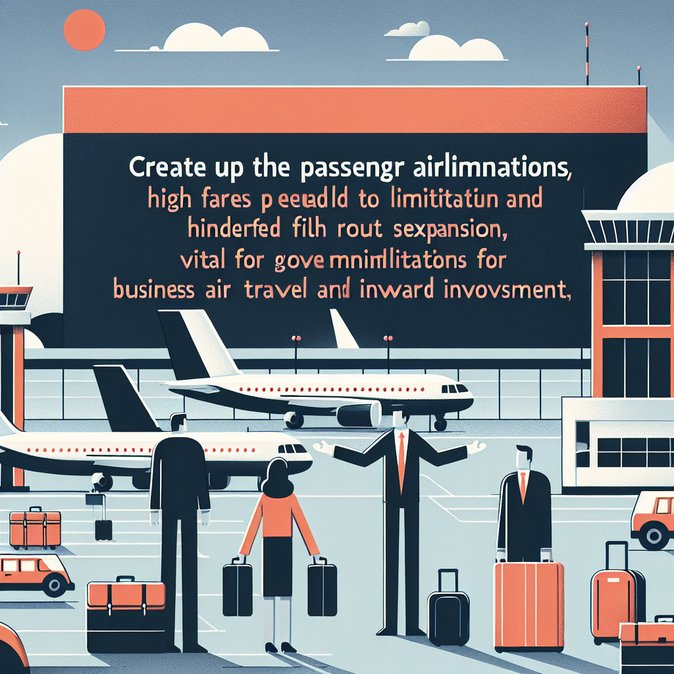
Seventeen Fine Gael Senators tabled a motion in the Seanad on the evening of 19 November 2025 urging Justice Minister Jim O’Callaghan to inject fresh resources into Ireland’s migration system. The lawmakers cite lengthy backlogs for both Employment Permit and Irish Residence Permit (IRP) renewals and warn that processing delays are costing the economy critical skills in sectors such as healthcare, agriculture, construction and tech.
The motion calls for a multi-pronged response: additional staffing for the International Protection Office and the Employment Permits Section; clear statutory timelines for visa decisions; and greater use of digital tools to reduce manual data entry. Senators also want a more “firm” regime for removals to protect the integrity of the system while safeguarding humanitarian protections.
![Fine Gael Senators demand faster visa and immigration processing]()
Business groups including Ibec and the American Chamber of Commerce welcomed the intervention, noting that some multinationals now factor Irish permit-processing risks into global site-selection models. HR leaders report that the average General Employment Permit still takes eight to ten weeks—twice the pre-pandemic norm—despite recent workflow reforms.
Although the Seanad motion is not binding, it piles political pressure on the Department of Justice ahead of Budget 2026 negotiations. Should extra funding be approved, companies could see service-level targets written into departmental performance agreements as early as Q3 2026, improving predictability for assignment planning.
The motion calls for a multi-pronged response: additional staffing for the International Protection Office and the Employment Permits Section; clear statutory timelines for visa decisions; and greater use of digital tools to reduce manual data entry. Senators also want a more “firm” regime for removals to protect the integrity of the system while safeguarding humanitarian protections.

Business groups including Ibec and the American Chamber of Commerce welcomed the intervention, noting that some multinationals now factor Irish permit-processing risks into global site-selection models. HR leaders report that the average General Employment Permit still takes eight to ten weeks—twice the pre-pandemic norm—despite recent workflow reforms.
Although the Seanad motion is not binding, it piles political pressure on the Department of Justice ahead of Budget 2026 negotiations. Should extra funding be approved, companies could see service-level targets written into departmental performance agreements as early as Q3 2026, improving predictability for assignment planning.


